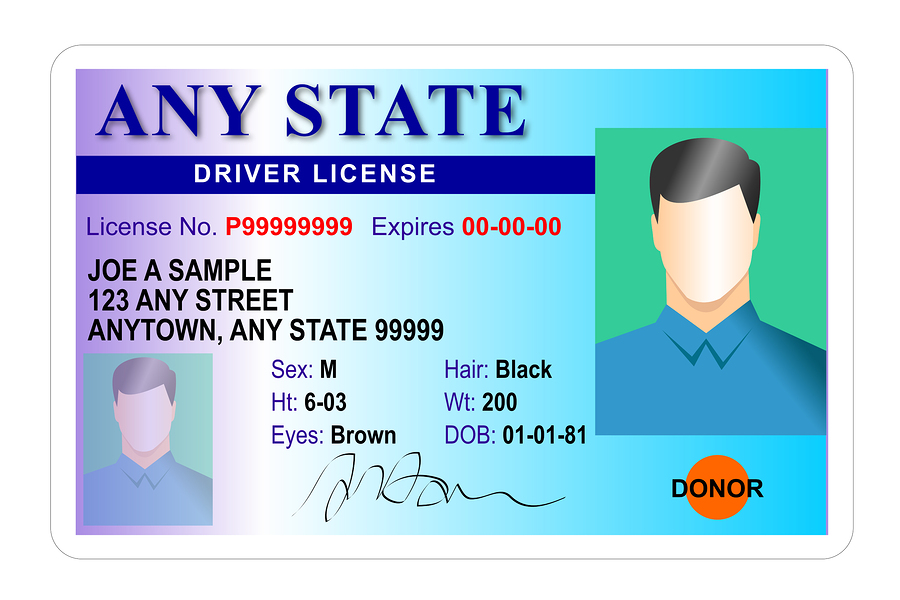
For many undocumented immigrants, the ability to drive legally is just as, if not equally, as important as the ability to work. Unfortunately, depending on which state the person lives in, getting a driver’s license legally may be next to impossible, since the vast majority of states require proof of legal residency or status in the US. An individual may be tempted to apply for a license in a different state where the requirements may be less stringent. For example, in New Jersey, applicants for driver licenses must meet the six points of identification test, which requires proof of legal immigration status. California, on the other hand, started accepting applications from those here in the country illegally. Individuals need to be aware, however, that nearly all states require proof of residency within the state. If an individual fabricates or misrepresents a residential address in a different state just to be able to apply for a driver license, he or she may be unknowingly creating a time-bomb that can cause serious problems in the future when making an application with the Department of Homeland Security. Falsifying information on a driver license application may not only be criminal but also evidence of fraud that can potentially sink an application for benefits from USCIS.
Displaying or bearing a fake or fraudulent ID or driver license can be equally treacherous. In New Jersey, this type of conduct can give rise to a Title 2C criminal charge. There are actually many types of criminal codes that can be potentially implicated by the display or use of a false ID, but one which we have seen frequently is a charge under 2C:21-2.1 which penalizes Offenses Involving False Government Documents. The statute encompasses a variety of behavior involving any documents or writings “which false purports to be a driver license, birth certificate or other document issued by a governmental agency and which could be used as means of verifying a person’s identity or age or any other type of personal identifying information.”
A foreign citizen could run afoul of this law in any number of scenarios including showing a false or fake license to a police officer after being stopped for a traffic offense, or even just possessing a fake birth certificate.
Given the state of mind necessary to commit this offense, this type of crime could possibly be classified by the Department of Homeland Security as a crime involving moral turpitude (“CIMT”), potentially rendering a non-US Citizen deportable and/or inadmissible. Furthermore, it may disqualify an individual from many humanitarian benefits based programs, such as Deferred Action for Childhood Arrivals (“DACA”) and the new Deferred Action for Parents (“DAPA”). A conviction could certainly affect a good moral character determination in any situation that calls for a discretionary judgment. Aside from the criminal ramifications of such conduct, this type of crime clearly falls within the penumbra of fraudulent conduct, which is generally frowned upon by DHS. In these types of situations, even if the misrepresentation was not made to an immigration official-which is a separate and different problem in and of itself-there was some sort of behavior involving false or fake documents purporting to be official US government documents. Even the mere possession of such documents could expose an individual to liability. Because this type of offense carries such grave penalties, a foreign born defendant who is not a US citizen must be extremely wary of any guilty plea without first assessing the potential impact on his/her immigration status.
We hope that you have enjoyed this article and learned at least one new thing or tip that you may not have known. To keep informed about the latest developments in immigration law, please subscribe to our blog feed by clicking on the “Subscribe To This Blog’s Feed” button on the left. It is important to understand that the above is only general information and not legal advice. It does not create an attorney-client relationship nor should it be relied upon as legal advice. The law is extremely fact and circumstance sensitive. For an individual legal analysis of your specific legal case, please complete the “Case Evaluation” box to the right of the screen to get in touch with one of our attorneys.
